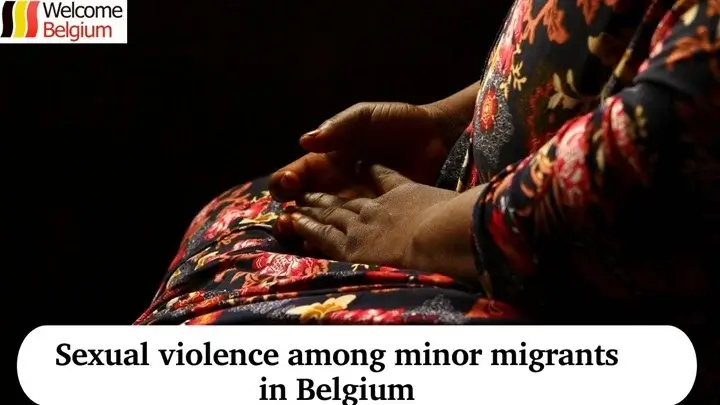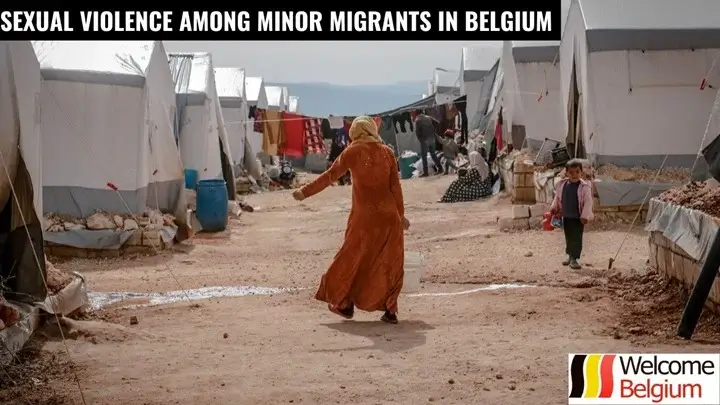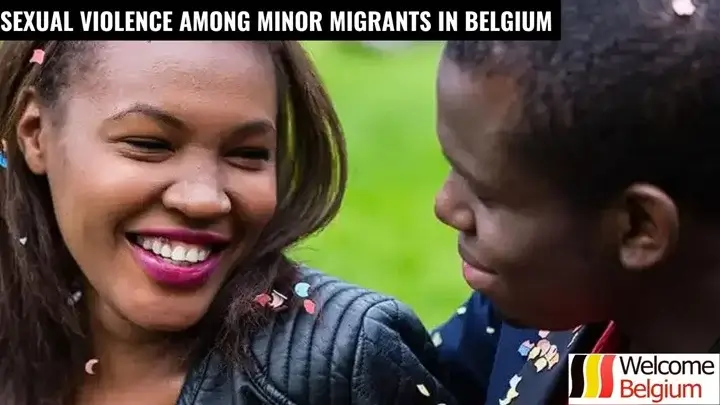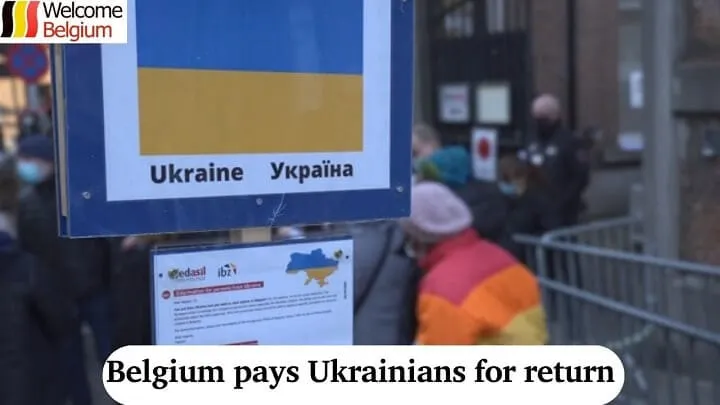The problem of sexual violence among minor migrants in Belgium is becoming increasingly urgent. Particular attention should be paid to unaccompanied children, who are particularly vulnerable. Their psychological state, lack of support and protection often make them targets for criminals. The article examines risk factors and measures taken to protect such children.
The essence of the problem
Sexual violence among migrant minors in Belgium is a serious problem, especially for unaccompanied minors. This situation is caused by many factors, such as lack of support, psychological trauma, and lack of proper supervision and protection. This section will look at the reasons that contribute to the problem and the vulnerability of children.
Main reasons:
- Psychological trauma: Children who have experienced violence or trauma in their home country become vulnerable.
- Unaccompanied: Unaccompanied children lack adult protection and are at risk of falling under the influence of criminals.
- Social isolation: Migrants often face barriers to communication and access to assistance.
- Economic hardship: Poverty and lack of resources create additional risks of exploitation.
- Lack of legal support: Migrants may not have access to legal protection due to lack of knowledge of local laws or language.
The consequences of the problem of sexual violence among migrants are severe and multifaceted. It affects both the mental and physical health of children and their integration into society, violating their right to safety and a dignified life.
Key risk factors for unaccompanied migrant children
Unaccompanied migrant children in Belgium face a variety of risk factors that increase their likelihood of being exploited. The reasons for this range from psychological and social problems to a lack of adequate protection and support. These factors are linked to the migration process, as well as the difficulties of integrating into a new society, making children more vulnerable to violence.
Risk factors:
- Lack of guardianship. Unaccompanied children do not have adults to protect their interests and ensure their safety.
- Psychological vulnerability: Trauma from violence or experiences on the road can affect perceptions of safety.
- Economic dependence: In search of money, children may become victims of exploitation, including sexual abuse.
- Lack of access to social services. Without proper assistance from organizations, children are left without protection and cannot claim their rights.
To effectively protect unaccompanied children from risk factors, it is important to pay attention not only to physical safety, but also to psychological support. It is important to create a system that will promptly identify vulnerable children and help them adapt and integrate.
Measures to protect minor migrants
To protect minor migrants, Belgium takes various measures to prevent violence and exploitation. An important step is to ensure their safety in reception centres, as well as support from organisations working with children. Including minors in educational programmes and psychosocial support helps reduce the risk of violence and help children adapt to their new environment.
List of measures:
- Establishment of specialized centers for migrants. These centers ensure the safety of children and provide them with the necessary assistance and protection.
- Educational and psychological programs. The programs are aimed at integrating children into society and helping them adapt, including help from psychologists.
- Partnership with international organizations. Cooperation with organizations such as UNICEF helps to organize the protection of the rights of minor migrants.
- Legal support. Providing legal assistance to children to protect their rights and interests.
In the future, it is planned to strengthen measures to protect minor migrants through better coordination between various public and private organizations. Belgium also intends to continue collaborating with international partners to improve the effectiveness of the protection of children’s rights.





